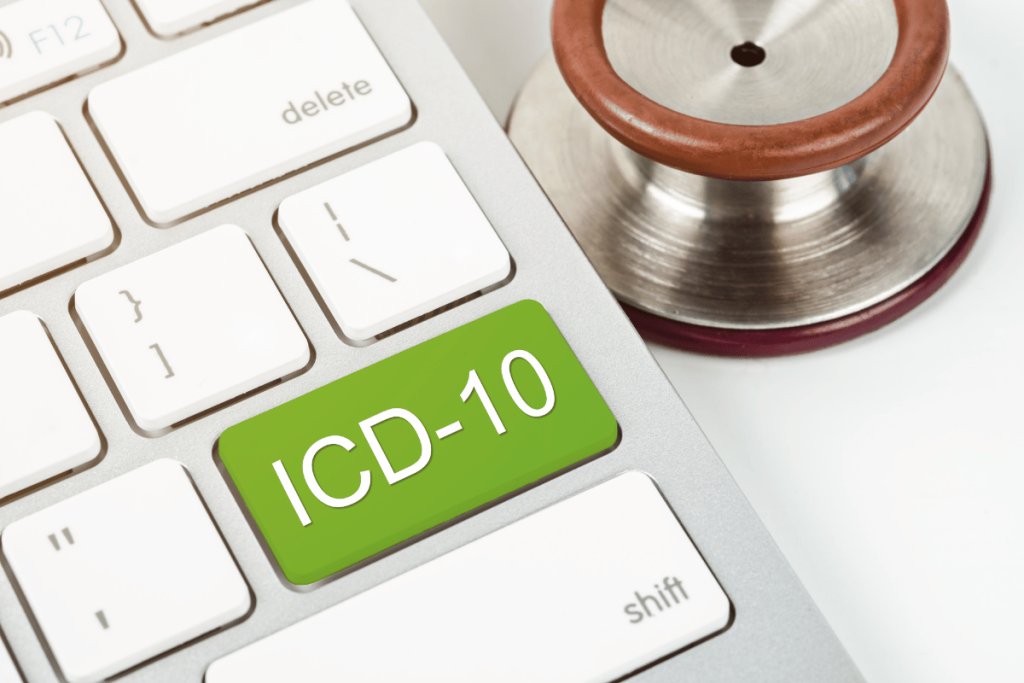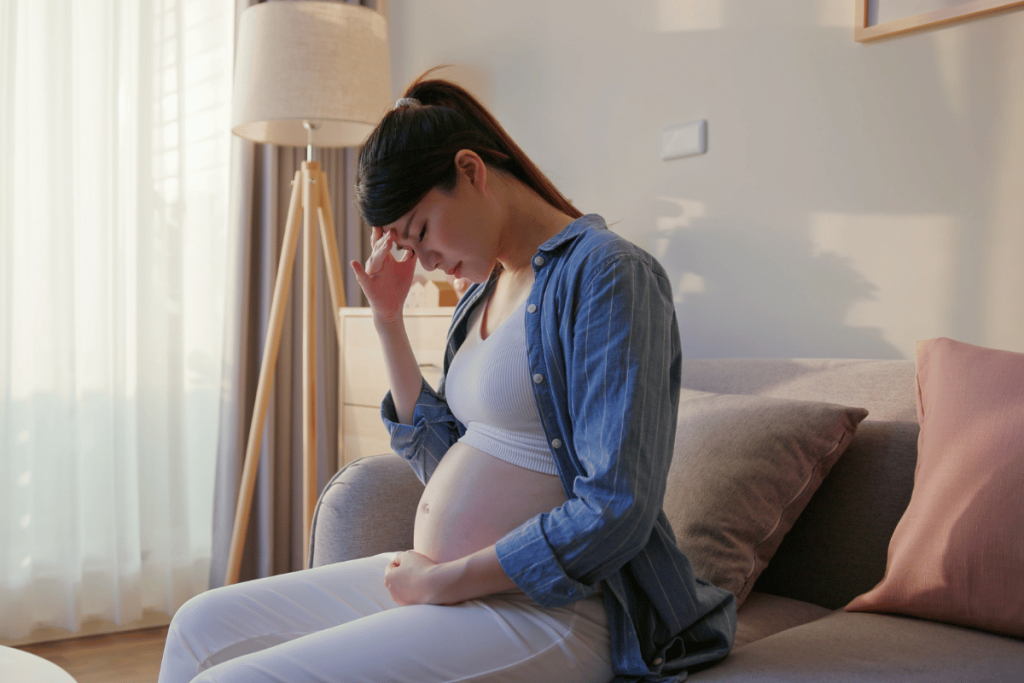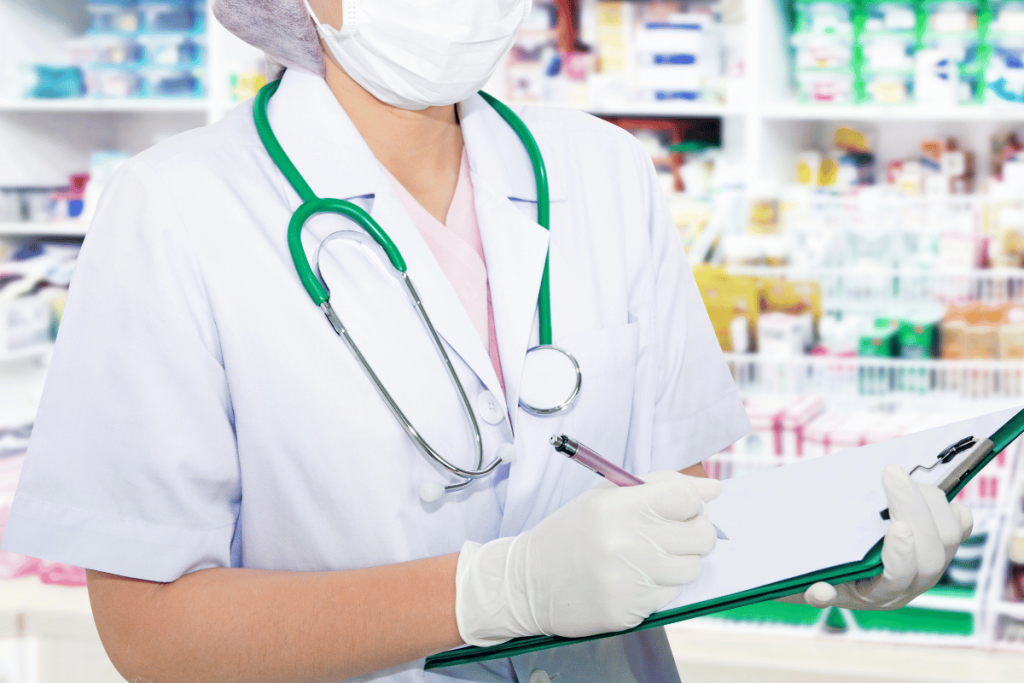Depression ICD10 is the world’s most commonly used mental health classification system. It categorizes symptoms into eight main categories, including depression.
However, there is still much to learn about depression and its treatments. One new diagnostic tool that may be of help is the ICD-10 Depression Rating Scale (DRS).
It created the DRS to help psychiatrists diagnose depression more accurately. Additionally, it is a valuable tool for researchers studying depression.
What is the new diagnostic tool?
The new diagnostic tool, a PET scan, is more accurate than traditional tests in some cases of mental illness. Some doctors are concerned that the new test will not be able to differentiate between different types of mental illness.
The British Psychological Society said the tests would help diagnose different forms of mental illness, such as psychosis and schizophrenia.
What is the ICD10 code for depression?

The ICD10 code for depression is 921. This code describes a type of mental illness that is more common in younger adults.
A combination of problems such as stress, anxiety, and depression can cause it. The code can help identify if someone has the disorder and how to treat it.
How does this new diagnostic tool work?
When a patient experiences a sudden onset of chest pain, coughing, or shortness of breath, they should bring their physician to the hospital as soon as possible.
A new diagnostic tool called EKG can help doctors accurately diagnose these types of emergencies more quickly and efficiently.
The EKG, which gives doctors more insight into the heart’s electrical activity, is a new diagnostic tool to determine if someone has a heart attack or other cardiac condition.
What are the benefits of using this new diagnostic tool?
The new diagnostic tool offers benefits for patients and healthcare providers alike. Can use the tool for both acute and chronic conditions, such as obesity, diabetes and depression.
The tool allows a user to see the underlying cause of their disease with greater accuracy than traditional history taking.
The ICD10 depression disorder
The ICD10 depression disorder is a mental illness characterized by sadness, hopelessness and guilt. The infection can cause significant problems for people and their families.
If you have depression, the following symptoms may indicate that you have ICD10 depression disorder:
Seek professional help immediately if any of these symptoms seem to be getting worse. The longer you continue with symptoms, the more likely they will worsen.
Seek professional help immediately if any of these symptoms seem to be getting worse. The longer you continue with symptoms, the more likely they will deteriorate.
The major depression ICD10

Depression is a common mental illness that many experiences at some point. The ICD-10 code for depression is 10, which can be challenging to understand and use. This article will give an overview of the code and what it means for those struggling with depression.
What is the ICD-10 code for depression?
The International Classification of Diseases (ICD) is a medical classification system that determines what diseases, conditions, and injuries are diagnosed by healthcare providers. These codes are used to identify and assist in treating these conditions.
The ICD10 for mild depression
Depression is a common mental disorder that can lead to various side effects. To identify the specific signs and symptoms of depression, the ICD10 classification system is reliable and effective.
This system can help diagnose mild depression and provide accurate treatment plans. However, the depression classification system is not reliable for severe depression.
This is because mild depression refers to a mild depressive episode, whereas severe depression is characterized by having symptoms of major depression.
The ICD10 classification system has been used since 1968 and was revised in 2000.
The ICD10 depression in pregnancy
Depression is a common and often severe mental illness that affects people of all ages. It is estimated that one in five women will experience depression during their pregnancies, and the rate is even higher for pregnant women before the age of 30.

The Centers for Disease Control and Prevention (CDC) has released updated information on depression in pregnancy, including a new definition of the condition, guidelines for diagnosis and treatment, and identifying if your baby may be at risk.
According to the CDC, depression is a mood disorder caused by an imbalance of chemical messengers within the brain. Symptoms include reduced energy, feelings of guilt or worthlessness and poor concentration. The CDC has developed a list of criteria to help identify if you are pregnant with depression symptoms.
The ICD10 depression in remission
The International Classification of Diseases (ICD) 10 Depression in Relapse diagnosis code is ICD-10-CM code 992.8, which describes the condition of depression in remission.
The majority of people who have a diagnosis of depression in remission usually experience a brief episode or relapse, and many times the condition will improve within a few months after treatment.
However, it is essential to note that this condition can still be harmful and cause great sadness and inevitable suffering. Therefore, if you are experiencing any symptoms that seem like they could be related to depression in remission, please see your doctor for an evaluation.
What is the difference between remission and remission? In remission, a person has already overcome depression, and all symptoms are absent. Remission means that a person is no longer experiencing the symptoms of depression, but they still need treatment.
How often do depressive episodes occur

Depression is a common mental disorder that can occur every once in a while. However, it’s essential to know the frequency of depressive episodes to manage them better.
According to the National Institute of Mental Health, around 14% of people will experience at least one depressive episode in their lifetime.
This means that 1 in 3 people will experience at least one depressive episode during their lifetime.
A study published in the journal “Clinical Psychological Science” found that, although people with depression may have more depressive episodes than people without depression, they do not experience more sadness or other negative emotions.
Depression is a mood disorder that causes sorrow and loss, including anger and fear.
Depression is a severe mental disorder that can cause significant emotional problems.
Depression is a severe mental disorder that can cause significant emotional problems. It is a common problem that affects people of all ages and can be very disabling. There are many ways to treat depression, and getting the help you need if you are feeling low is vital. Many different factors can cause depression. These include:
Symptoms of depression can vary widely, and the symptoms may not occur until much later. Emotional problems usually bring on depression, and the reasons for this are many. These problems may include The loss of a loved one, especially a parent or a friend.
The ICD10 Classification of Depression

Depression is a mental disorder classified under the ICD10 code of depression. This code was developed by the World Health Organization (WHO). It is used to describe different types of depression. The ICD10 code is 9xx. It is the most used classification.
Under this code, different types of depression can be categorized within. One such type is the melancholic type of depression. This is classified as depression due to low mood and hopelessness.
The Different Types of Depression
Depression is a mental disorder that can cause significant sadness, frustration, and hopelessness. It is a common condition that is treated with medications and therapy. There are different types of depression, and their symptoms and treatment options can identify. If you feel unwell, many resources are available to help you get better.
Depression is widespread and affects 1 in 5 people at some point in their lives. The prevalence of depression varies between countries, but it is estimated that around 10% of the UK’s adult population has been affected by this condition.
The Comorbidity of Depression Disorders
Depression and other illnesses are often intertwined. The comorbidity of depression disorder and certain other diseases can be a challenge to understand. This review will help to understand the relationship between these disorders better and provide tips for managing them. They selected the articles in the study because they are the most commonly used by psychiatric clinicians.
IBS-D is a common comorbidity of major depressive disorder (MDD) and bipolar I disorder. The focus of these articles was on the clinical and therapeutic implications of IBS-D, which is a primary diagnosis in MDD.
The Pharmacology of Depression

Depression is a common disorder that affects millions of people worldwide. The cause of depression is unknown, but treatments are available to help reduce its symptoms.
Some drugs that work to treat depression and its grounds include antidepressants, antipsychotics, and beta blockers.
Antidepressants are a class of medicines that help patients with depression. For most people, antidepressant medications increase the levels of certain chemicals in the brain.
The medicines are available in several categories, such as selective serotonin reuptake inhibitors (SSRIs) and tricyclic antidepressants (TCAs).
Treatments for Depression
Depression is a severe mental illness that can cause significant problems in people’s lives. Many treatments are effective in treating depression, but each has risks and benefits. The most effective medications for treating depression are typically safe and effective. However, some people may experience side effects after taking these medications, so you must talk to a doctor about the best option. Therapy also helps treat depression, but it is necessary to speak with a therapist about what works best for you.
How to Diagnose Depression: A guide to help identify if you have mild to moderate depression
Depression is a diagnosable mental health condition that can significantly impact day-to-day life. Knowing how to diagnose depression can make it easier to find the help you need and keep your mood stable. Here are some tips to help:
1. Confirm if you have mild to moderate depression by asking yourself questions. This process will help you determine if you experience normal emotions like happiness, sadness, anger, or stress.
2. Take some medication to treat depression if you experience its symptoms may include antidepressants, antipsychotics, or mood stabilizers.
3. Get interested in healthy activities to boost your mood and feel good about yourself again. Exercise, socializing, reading books on mental health topics, and spending time with loved ones can all be helpful ways to regain your lost energy and feelings of normality.
4. Try to maintain a happy schedule and have a daily routine. If you feel depressed, try to adhere to your daily plan.
5. Get support from loved ones and friends.
Treatment for Depression: Approaches that are
Depression is an emotional condition that can treat with various approaches, but medication is the most common and effective method. Medication is not an instantaneous cure, and the side effects can be very unpleasant. However, it is the most effective treatment for this condition and works exceptionally well in most cases.
Due to its ability to improve mood and reduce anxiety, medication can be an excellent choice for many people with depression.
In conclusion, the new diagnostic tool for depression ICD10 is an excellent addition to the mental health field. It will help to diagnose and treat depression and make it easier for healthcare professionals to find and treat patients.
More resource: Disorders of Depression

Leave a Reply